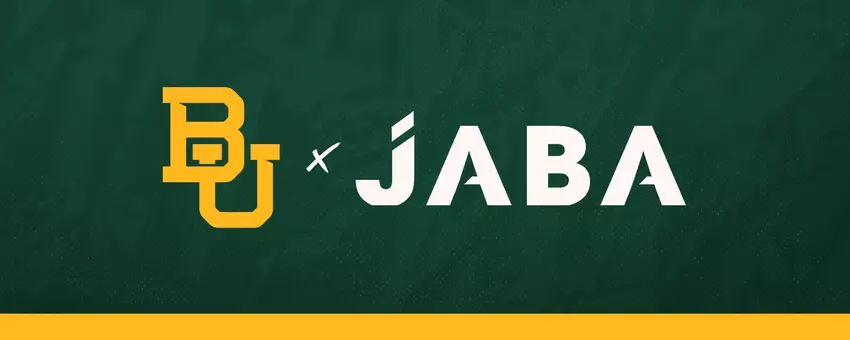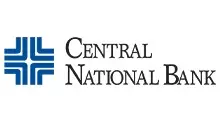Draft NCAA Athletic Certification Report Available
9/23/2005 12:00:00 AM | General
Sept. 23, 2005
Gender Equity & Student-Athlete Welfare
![]()
![]()
Governance and Commitment to Rules Compliance
![]()
![]() Download Free Acrobat Reader
Download Free Acrobat Reader
As part of the NCAA Certification process, a draft copy of Baylor University's NCAA Self-Study is now available in PDF form above and the University invites public comment through Oct. 10. Interested parties wishing to comment on the document my do so by sending an e-mail to NCAA_Self Study@baylor.edu.
In 1996, as part of the first cycle of certification, the NCAA Committee on Athletics Certification determined Baylor's athletic department as certified and did not cite any corrective actions or conditions. In 2001, the Committee on Athletics Certification accepted the University's interim report and reaffirmed the first-cycle status of certified.
Athletics certification is now in its second cycle. Baylor's new Self Study document is due Oct. 15, and the peer-review team is scheduled to visit campus in Feb., 2006.
Athletics certification is meant to ensure the NCAA's fundamental commitment to integrity in intercollegiate athletics. The program is structured to achieve its goal in several ways:
1. By opening the affairs of athletics to the university community and the public.
Key campus constituent groups must be meaningfully involved in the institution's self-study.
Self-study reports are evaluated by teams of peer reviewers from other institutions and conference offices.
Decisions of the Committee on Athletics Certification related to an institution's status are announced publicly.
2. By setting standards (called operating principles) for the operation of Division I athletics programs.
These operating principles were adopted overwhelmingly at the 1993 NCAA Convention. They cover four basic areas - governance and commitment to rule compliance, academic integrity, fiscal integrity, and equity, welfare and sportsmanship.
In preparation for the second cycle of the athletics certification program, the operating principles in each of those four areas were reworked and revised as necessary to complement and supplement information obtained by institutions during their first cycle self-studies. Following revision by the Division I membership, these changes were approved in 1998 by the Division I Management Council and Board of Directors.
3. By putting tough sanctions in place for institutions that fail to conduct a comprehensive self-study or to correct problems.
Athletics certification is intended to help an institution, not harm it. For this reason, the program allows ample time for an institution to consider its programs, to identify problems and to correct them. Institutions that fail to make an honest effort face serious consequences: ineligibility for NCAA championships and, eventually, removal from active membership in the Association.



















